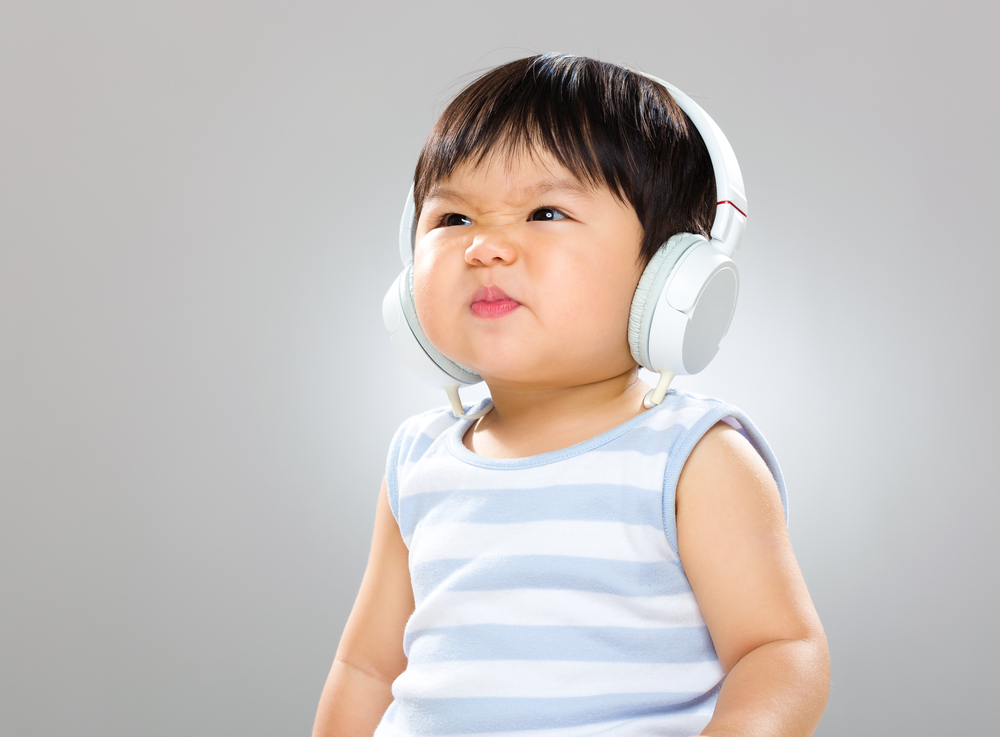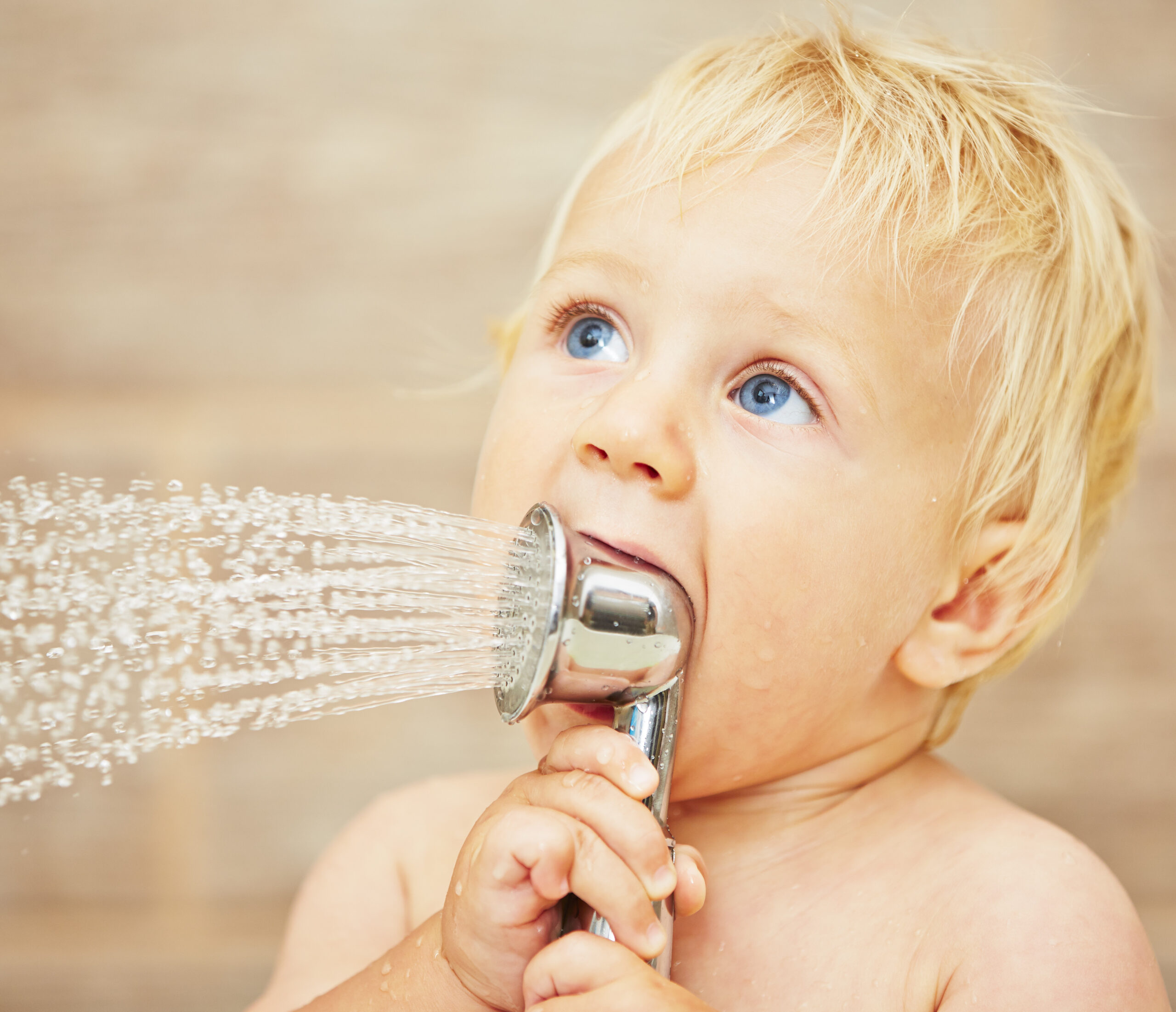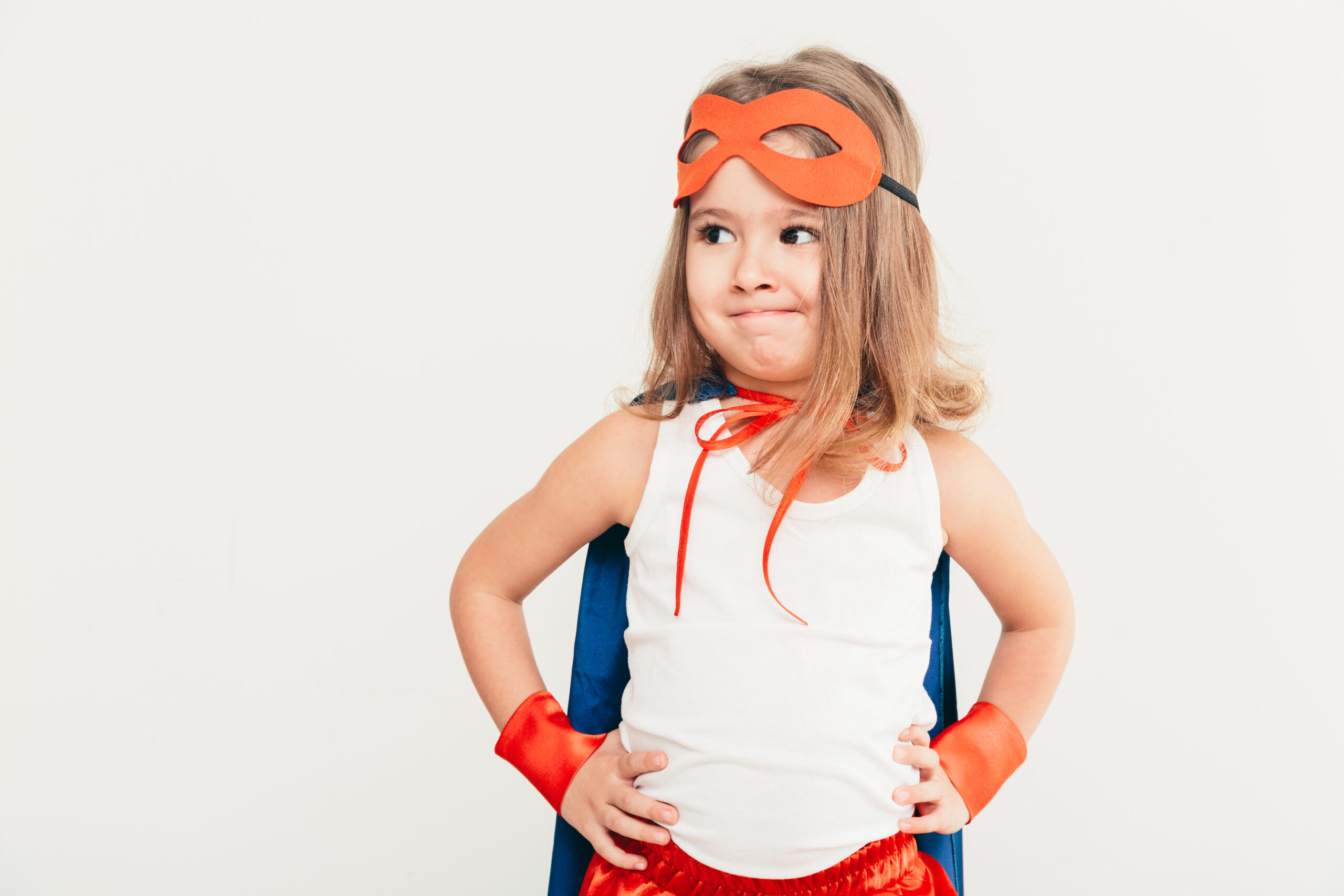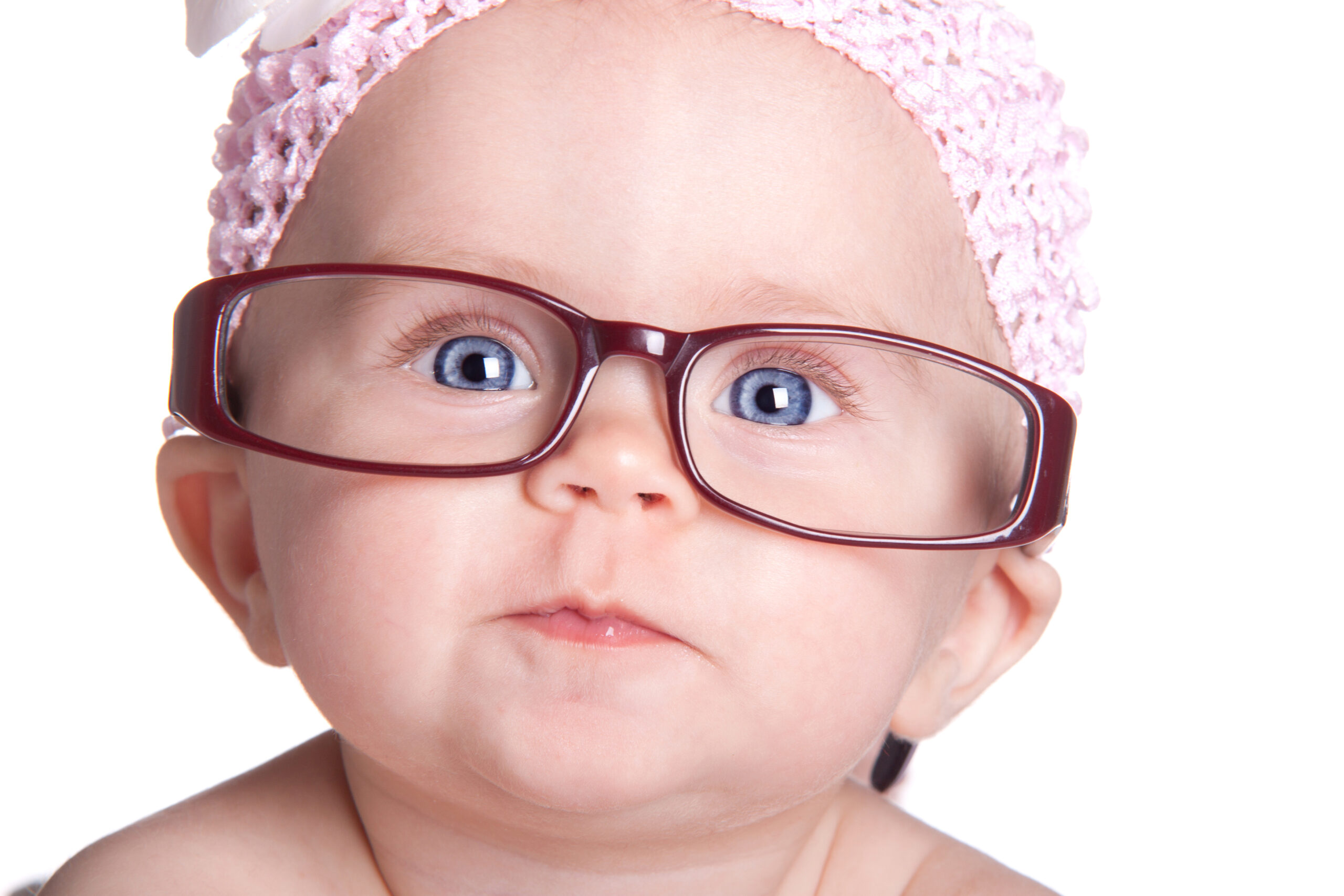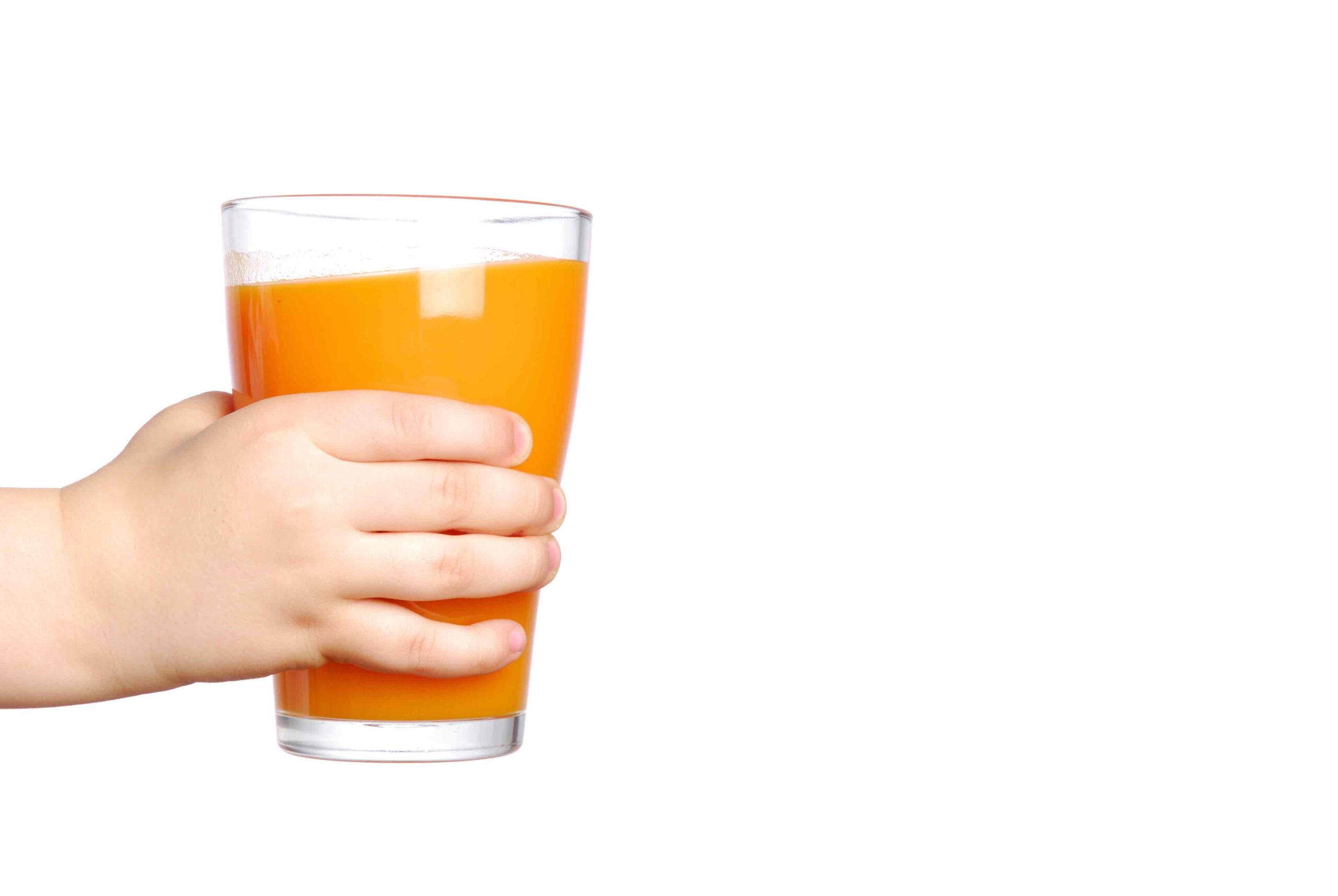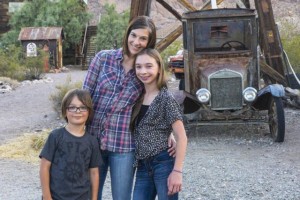Worried about damaging baby’s ears at a movie or sporting event? You should be.
Babies’ ear canals are smaller and their skulls are thinner, so the sound pressure entering a baby’s ear is amplified. Hearing damage isn’t simply a result of the volume of a sound. It’s the energy in the sound that damages our inner ear. And energy is a product of both the volume and duration of exposure. For example, an 80db noise (heavy city traffic) for 8 hours can cause the same damage as 1 hour in a louder dance club. So in The Lord of the Rings, The Two Towers which had a peak of 95 dB, it may be more concerning that the movie averaged 78 dB over three hours.
What is noise?
The amount of energy in a noise depends on the intensity of the noise (how loud it is) and its duration (how long it lasts). A noise that lasts twice as long has twice as much energy. Turning up the volume rapidly increases the energy in a sound. For every increase of 3dB in volume, the energy content of the noise, and thus its potential for injury, is doubled.
If your ears are ringing after an event, you can be sure your child’s are too. Your hearing will recover by resting in a quiet environment, though damage accumulates over time from the combined effects of sound exposure and your genetic predisposition. You need to rest your hearing for a minimum of 18 hours after a loud event.
Not only is hearing affected; noise causes “non-auditory” effects too. Studies in noisy classrooms have found a direct effect of noise level on learning. But the most alarming studies measured the health effects from environmental aircraft noise. These studies revealed that daily exposure causes a decrease in memory, speech perception, academic performance, and attention. Researchers also found a high level of “annoyance” in adults and children living in homes affected by aircraft noise; but we didn’t need a study to tell us that. Other studies have shown higher heart rates and blood pressure in noisier home environments but more studies are needed in this area.
“We need to look at noise as something that is dangerous; like sharp tools or a hot stove.”
-Nancy Nadler, Center for hearing and communication
Even more worrisome are the musical toys around your child. A study in 2013 found 1 out of 4 toys were too loud at 30cm from the ear and 88 out of 90 toys tested were too loud when held next to the ear. A similar study found baby sleep machines could damage hearing as well.
We are all exposed to excessive noise over a lifetime, and there are some things we just can’t control. So while one movie with a few loud scenes isn’t going to damage your baby’s hearing, every loud noise that is avoided protects their hearing later in life.
Ear plugs are generally not recommended because they can be a choking hazard. Though there are plenty of other good options:
- earBanZ
- Peltor Ear Muffs – works well for older kids
- Natus MiniMuffs – best for very small babies or preemies
- Hearos – ear plug style
And if you promise not to chew on your earplugs, they are a perfect option for grown-ups, and far more portable than a headset.

